By Daily Sports Nigeria on August 19, 2022
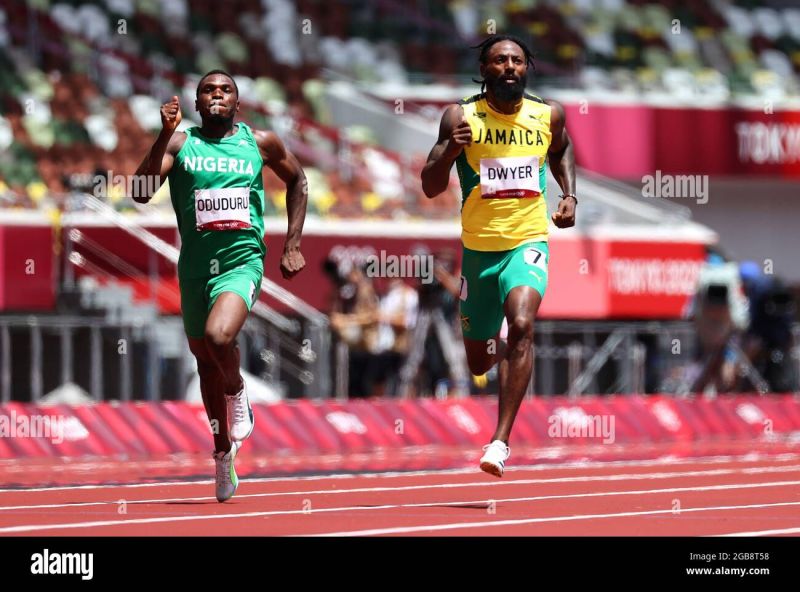
When Oluwatobiloba Ayomide Amusan draped the country’s flag and mounted the podium for the national anthem after she broke the world record in women’s 100 metres hurdles on her way to winning the gold medal at the recently held World Athletics Championships in Oregon, United States, it was not because of what Nigeria did particularly to turn her into a global star.
Rather, it was because of access to top facilities at University of Texas at El Paso (UTEP). She had competed regularly against top athletes and also assisted by sponsors who have turned her to a world champion.
The same thing could be said of Ese Brume, who was a starry-eyed, but very talented prospect at the Delta State University, Abraka, before she became a regular podium contestant in major international competitions, when she took her career to a Cypriot university.
From a girl with enormous potential, Brume is now the world’s second best women long jumper. She is also a reminder that when ability and hard work meet standard facilities, the athlete becomes a world class competitor.
In most developed countries, higher institutions play a big role in nurturing sports talents to Olympic heights, because of the facilities they provide and availability of trainers versed in sports science.
At the Tokyo 2020 Olympic Games, universities accounted for United States’ 91 medals and helped the country to the top of the medals’ table.
Among the top schools are Stanford University, which accounted for 26 medals, followed by the University of Southern California (21 medals), the University of Florida (17 medals), UCLA (16 medals) and UC Berkeley (16 medals).
In Nigeria, the University of Port Harcourt (UNIPORT) has, for two decades now, dominated higher institutions sports, winning the last seven editions of the country’s star championship, the Nigeria Universities Games Association (NUGA) Games.
However, such dominance has not translated to global medals, because the school, like many others in the country, has not risen from being a talent factory to becoming an international medals producer.
Recently, some private universities have shown that they, perhaps, have the panacea to Nigerian institutions poor record in developing world class athletes.
At the last NUGA Games, some of these schools, including Nile University, Abuja, displaced some of the established institutions on the medals table. This gave credence to the belief by some stakeholders that Nigeria’s sports ‘salvation’ now have a base in private universities.
Stakeholders, however, say the cost of producing a standard athlete for international competition is enormous and for any budding sportsman to rise to world-class level, he or she needs all the support he/she could get from government and corporate bodies.
DIRECTOR of the Sports Institute and High Performance Centre at the University of Port Harcourt (UNIPORT), Professor Ken Anugweje, tried to put up a defence on why private universities in the country appeared to have a better grip on sporting activities, based on scores at the last NUGA.
He also disagreed that despite their successes at university games nationally and regionally, UNIPORT athletes don’t flourish on the world’s biggest stages. He added that not only are UNIPORT athletes world class competitors, some have on countless occasions represented the country at not just regional and international events, but even at the Olympics.
He said his school has remained the biggest name in sports and talent production, not just in Nigeria, but also in the whole of West Africa because it pay premium attention to the sector.
“If you ask yourself the factors that determine performance in sports, it is clear why UNIPORT dominates sports not just in Nigeria but also in West Africa. For any school to do well in sport, it must have the facilities, programmes and training plans based and centred on the athletes, as well as a well-structured training.
“The private universities don’t have the type of facilities we have here, but I wouldn’t want to dwell so much on them because I don’t know too much about them.
“However, I do know that some of the athletes that played for some of the private universities were already playing sports long before they got into those schools and were not trained by those universities.
“There are basically two types of athletes; the first kind is the athlete that is developed and trained over time by a university and the other type is the one that had been nurtured and trained somewhere else before representing a university at a competition.
At UNIPORT, there are two sporting international institutes: Olympafrica Centre that organises tournaments for primary and junior secondary school athletes and the High Performance Centre that develops athletes from after junior secondary school up to the university level.
Most UNIPORT athletes pass through the first centre before even becoming students of the university and from there, progress to the second where they go on to most likely represent the university.
Many of the school’s athletes have gone on to represent, are representing and will still represent the country at regional and international competitions.
Grace Nwokocha, Patience Okon, Ofili and Chukwuma were all at the last Olympics, last Commonwealth Games and African Games in Rabat, Morocco, Anugweje revealed. “Athletes like Ezekiel Nathaniel, Raymond Ekevwo and Praise Ofoku, to mention a few, are all world class athletes now. Nobody knew them before now, but they have all become household names doing Nigeria proud and all of them are proud products of UNIPORT.”
On how other universities can produce world-class athletes, Anugweje said university managements must have the passion to develop sports and put in the necessary effort and work required to get the job done.
“Many schools tell their students that they are in school to study and not to do sports, but they expect magic when it is time for competitions. Athletes from this development are not necessarily set to win.
“Whenever it is time for university games, national and regional, many universities would say they are hosting to win, but we never say that at UNIPORT because we train all year round, simply breaking the training into phases.”
On incentives given to their athletes to keep them dedicated, Anugweje said their athletes have a dedicated hall of residence on campus, which, he says, helps them motivate and encourage one another.
“It is important that athletes stay together as this is the first step to keeping them motivated. In this case, it is easier to get everyone in regulated training sessions.
“Also, their academic programme is flexible with their training programmes even more flexible. If an athlete has an exam/test, training is rescheduled to when he will be available so that no training period is lost.
“If you are busy in the morning, your training would be moved to evening. I am saying all this so everyone can understand and see the level of dedication and work we put into these athletes all year round and know that our successes over the years is not by luck or mistake as some may assume.
“Also, when they win, they are rewarded so as to keep them motivated. I understand that not everyone of them can represent Nigeria after leaving school or get major sponsors, but many establishments are recruiting athletes for different purposes, including the Navy, Army and so on.
“They keep training and representing these establishments when they are not representing us but more importantly, some of them are recruited into these organisations when they are done with their education.
“The truth is that most athletes come from economically disadvantaged homes and sports help them pursue an education and also earn a living.”
According to Dr. Bruce Ijirigho, who for many years managed the Cross River State Grassroots Sports Programme that unearthed many world-class athletes, no athlete becomes world class over night without major financial input.
He said: “The first thing is that you need to identify these kids. You identify them by having age group competitions. Then, you know what kids to start watching. Put them in an environment where they can grow.
“This is when you must have the money to give them the backing they need. By backing I mean good nutrition, making sure they are in school, making sure they have the right equipment, exposing them to competitions, making sure their parents understand what is going on and working closely with the family.
“This is not cheap, it takes a willing country and finances. You work with these kids until they become adults.”
IN recent times, some private universities have shown signs of joining UNIPORT in producing and nurturing talented athletes for the country.
But such efforts, still at its infancy, will come to naught if the schools do not move from being discovery to empowerment institutions, which will also provide opportunities for their talents to compete favourably with international champions.
Nigeria’s biennial NUGA, which features up to 90 universities competing in 20 sporting activities, was started in the 1960s to discover and train athletes to international glory. However, apart from a few isolated successes, Nigerian universities have failed in their efforts to give the country medals winning stars.
Critics of the system note that NUGA is always dependent on Nigerian athletes in foreign universities for medals at the International University Sports Federation (FISU) Games. In Edmonton, Canada (1983), when Nigeria came seventh with five gold medals, no silver, no bronze, it was the country’s foreign-based athletes, Chidi Imoh (100 metres), Innocent Egbunike (200 metres), Sunday Uti (400 metres), Ajayi Agbebaku (Triple Jump) and Yusuf Alli (Long Jump), who catapulted the nation to its greatest height at the Games.
While many sports enthusiasts attribute the poor state of facilities to universities’ poor performance, there are others who believe that the situation cannot change until these institutions change their attitude to sportsmen and athletes.
There is the expectation; however, that the emergence of private universities in Nigeria’s sports scene could be the beginning of the change the country has been looking for from higher institutions.
FORMER national football team captain, Segun Odegbami, told The Guardian that the performance of private universities in this year’s NUGA Games held at the University of Lagos (UNILAG) is a welcome development.
At UNILAG 2022 NUGA Games, some private universities stunned the established ones to rank among the top seven in the competition.
Although perennial champions, UNIPORT, retained their crown, the challenge by these privately-owned schools raised hopes that with time, these new schools will lead to the desired revolution in Nigerian sports.
Speaking on the role of universities in the development of athletes, Odegbami said Nigerian sports development must be hinged to institutions that have the facilities, environment, athletes population and the intellectual human capacity to identify, train and develop athletes to the highest levels.
“Universities fit squarely into this essential requirement. Along with secondary schools and all other tertiary institutions, they should have the most important production line of great athletes for athletes’ development.
“NUGA has immense possibilities but also showcased the absence of everything else needed to fuel the process. It is still largely a jamboree without real grounding in purpose and objectives.
“I do not know why Nigerian universities are not leading the development process in sports for the country; they all say it is lack of funding, but that’s where innovative and deep thinking comes into play. They should be inventive enough to come up with domesticated solutions. Most universities can’t think beyond sports as a recreational activity within their campuses and new thinking caps by their leadership is essential but sadly not in the horizon that I see.”
Odegbami said Nigerian students have been unable to combine education and sports effectively like their counterparts abroad, adding that the schools are not adopting best sports development practices and modules as is done in several countries abroad, particularly the United States, where the collegiate system is the bedrock of their sports development strategy.
“Sports are not considered an important aspect of university development ‘architecture.’ Here, we place too much emphasis on academics and zero attention on sports and it shows in the bigger picture.
“I do not know why Nigeria isn’t tapping into the wide talent pool of school sports till date. The administrators themselves either do not know it and its importance or they are overwhelmed by the challenges they find when they get into sports.
“Our universities have to change their attitudes to sport and make it popular and beneficial to those who engage in it on their campuses.
“The associations should tap talent from the universities and make them icons of emulation for other students. The best athletes must be models of success within the campuses and sell them to that demography. Sports must become popular and beneficial pastime and activities on every campus,” he said.
ALSO reacting to Nigeria’s higher institutions’ inability to produce talented athletes that compete for medals at international competitions, Director of Coaching/Training at the Nigerian Institute of Sports (NIS), Dr. Adeniyi Jimmy, who is also Chairman, Ogun State Judo Association, as well as member, Nigerian Modern Pentathlon Federation, said the state of school sports is a sad reflection of the country’s sports. He added that the system couldn’t produce what it does not have.
Jimmy said many student athletes do not pursue sports as a profession after excelling at school sports because there is no enabling environment for them to grow and progress.
“If the athlete was injured during competition, his/her level would surely be affected. Also, we must consider the fact that some athletes do not want to go professional after participating in school sports because of uncertainty, amongst other factors.
“They wonder if government could provide good insurance for them, take care of them when they get injured or even provide good bonuses and remuneration. Many athletes, sadly, don’t want to compete for the country because of these and other reasons.
“Many young athletes are poor and struggling. When they secure a place at international/world competitions, you realize most of them don’t even have passports, have zero kobo to even procure one and nobody is ready to support them.”
He believed that the emergence of private universities in Nigerian sports could change the situation, adding, however, that government must provide enabling environment to usher in the desired change.
The don said private universities are currently doing well in sports because of their well-structured environment, top facilities and remuneration of athletes.
“It is no surprise that athletes from private universities performed better than most of their counterparts from government owned schools at the last university games. Apart from the fact that they have a better enabling environment to train, better support and great facilities, they are not under financial pressure compared to athletes from government-owned schools, which usually struggle financially.
“Also, the type of facilities that athletes from these private schools use for training, their counterparts in public schools don’t have access to them.
“The private schools also have stable timeline… they know when they are resuming and when they are vacating and are able to tailor their training appropriately. This is unlike their public universities counterparts, whose education timeline is sometimes disrupted, causing athletes to fall out of practice and routine.
“It is easier to motivate students in private institutions and we saw this play out at the last university games. By the next games, it wouldn’t be surprising to see more private schools doing even better than they did at UNILAG this year.”
Lamenting the decadence that has affected Nigeria’s sports, he said: “There are so many ‘smaller’ sports often overlooked that Nigeria can excel in at the Olympics and World Championships. It would serve us well to start training our student athletes in these sports from now.
“Personally, I am working at sending Dart athletes to the next Olympics. Currently, the best female darts player in Nigeria, Ololade Adeyemi, was produced by my wife (a darts coach) and she won four gold medals and two silver at the last sports festival.
“However, we are suffering from paucity of funds and have to do most things, including training, competitions, nutrition requirements, kits and so on, from our own pockets.”
The former table tennis star, who represented Lagos State at several events, said school sport needs more than passion to thrive and succeed.
“We have the potential to produce world-class athletes across all sports and if we decide we can’t feature in all the sports, we can pick a couple and focus extensively on those ones, produce stars and win medals locally and internationally.”
Jimmy is, however, glad that the situation is changing gradually. He said the current Minister of Sports, Sunday Dare, has started seriously scouting for fresh athletes from sporting events such as NUGA and the West African Universities Games.
On the roles universities play in athletes’ development, Jimmy said higher institutions are like feeder grounds for the national teams. He added that courses such as physical/sports education and human kinetics are taught in many universities. “In fact, many schools have waivers and some form of incentives for incoming athletes and a couple of equipment.
“Universities are not doing what they are supposed to do … they are not living up to expectations and this is directly responsible for the poor performance witnessed at the last NUGA Games from most universities,” he said.
OF all the private universities at the last NUGA Games, debutants, Nile University of Abuja, was the most impressive, ending third place over all.
This feat, according Nile University’s Sports Director, Abubakar Hamza, despite it being their first time at the games, was never in doubt as they took sports seriously at their university.
Hamza said they are only just warming up and are looking to win it all at the next games.
“The university management gave us maximum support, financially and in every other way. They gave all of us (coaches and athletes) the best treatment during the games. We were the only university that stayed in a hotel and that really brought out the best from the athletes because they were very comfortable from start to finish.
“Most worthy of note is that early preparation really helped us. Unlike other universities that call for camp a week to major competitions, our athletes train three times a week unfailingly with or without a competition on the horizon.
“Also, we understand the benefits of compensation and how it helps people do more so we reward our athletes for every tournament they win and if any chance, a sporting activity/competition will affect their exams or tests, we write to the university management for exemption until a later date for them to write the said test or exam.”
Hamza disclosed that some of the athletes are not usually good for competitions when they gain admission to the university. He added, however, “we look through the pool and hone their skills when they get admitted as all our coaches are licensed coaches from the National Sports Federations.
“We also give 100 per cent scholarship to national U-15 and U-18 athletes in various sports as this spurs them to put in even more effort.
“Our goal at Nile is to see sports develop in line with academic performance amongst our student athletes and we are working hard to see this vision become reality.”
He said the recent success at the NUGA Games has give Nile University a new fillip to aspire for better performances.
“We are planning on competing in more games than we did at UNILAG and we know that early preparations will really help us do better at the next games holding in Jos. I can only say people should watch out for us because we are putting our money where our mouth is,” he said.
TO make Nigerian universities capable of producing international standard athletes, Jimmy said, “universities that offer physical and health education must begin to take it more seriously, while others that don’t offer such courses should begin to offer them as a course.
“Necessary equipment must be provided in all schools as much as possible, while athletes should be well remunerated and provided insurance cover.
“Government, too, has a role to play by placing square pegs in square holes, revamp sports at school level by ensuring facilities are provided by school authorities and mandate that every school must have a large ground for sports.”
Source The Guardian Nigeria
Posted August 19, 2022
You may also like...
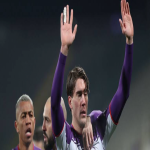
Arsenal In Dusan Vlahovic Transfer Blow
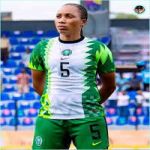
Ebi no longer useful for Falcons – Izilein...
_150x150.jpg)
Griezmann Scores But 10-Man France Held By Bosnia...

Of NSF, Rivers State Sports Culpability And Enyimba’s...
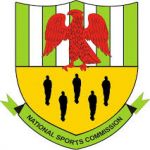
Federation chairmen connive with secretaries to rip off...
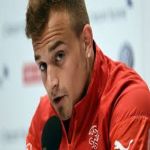
England among favourites to win Euro 2016 –...

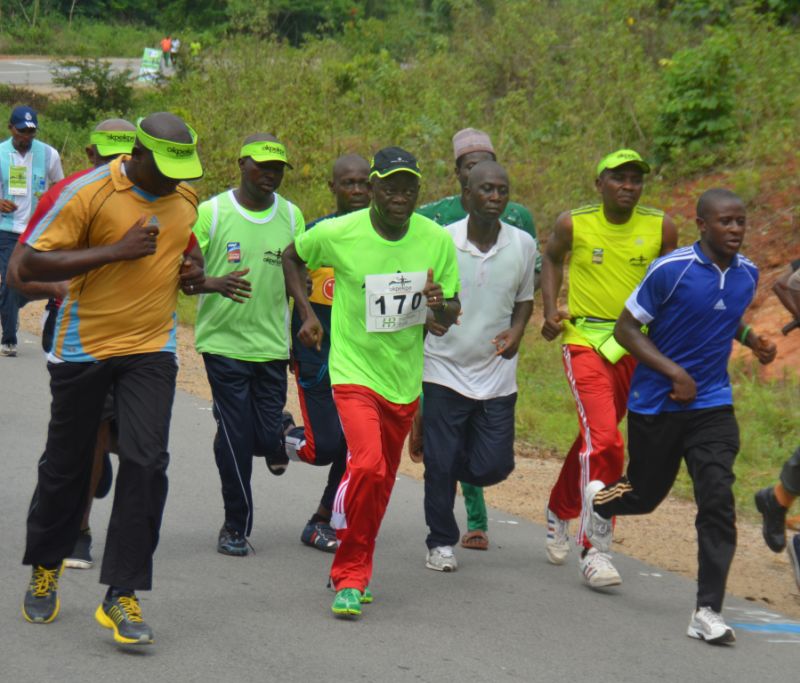 Organisers celebrate Okpekpe race 10th anniversary
Organisers celebrate Okpekpe race 10th anniversary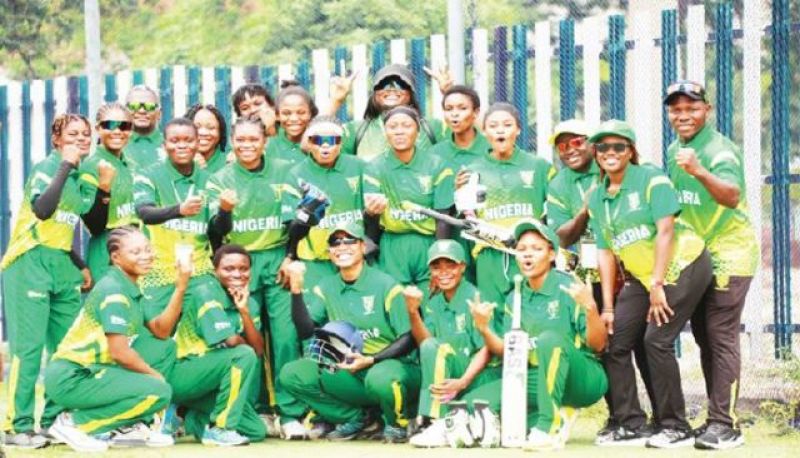 Cricket: Nigeria wins ICC award
Cricket: Nigeria wins ICC award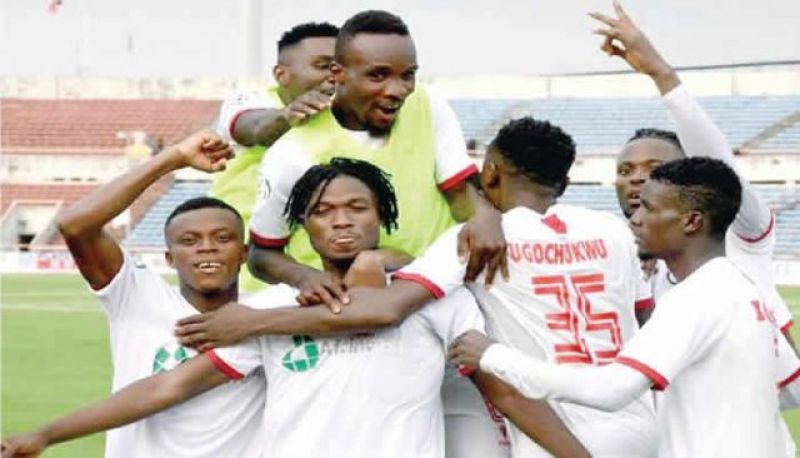 Rangers not chasing NPFL title, says Ilechukwu
Rangers not chasing NPFL title, says Ilechukwu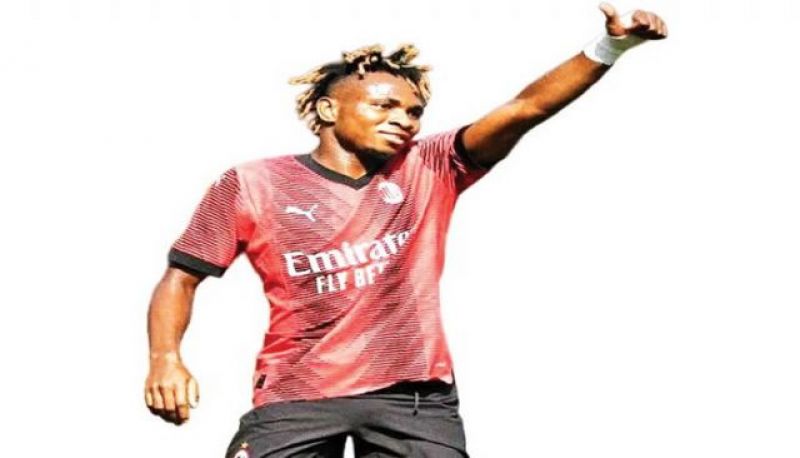 Chukwueze may get Milan lifeline
Chukwueze may get Milan lifeline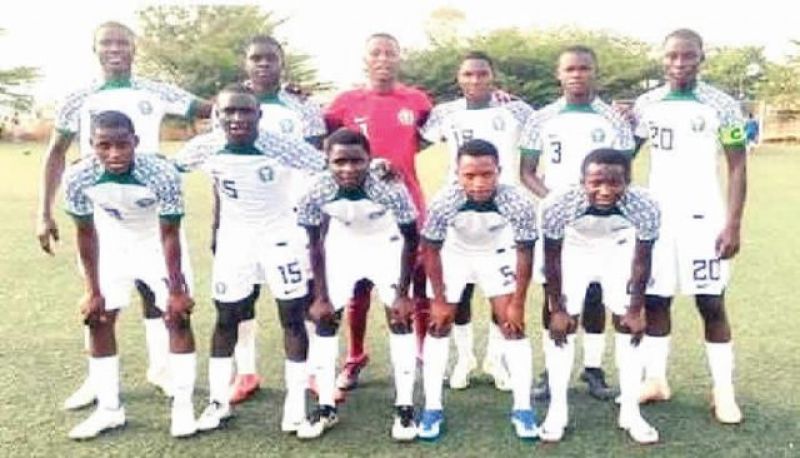 Eaglets held in pre-WAFU friendly
Eaglets held in pre-WAFU friendly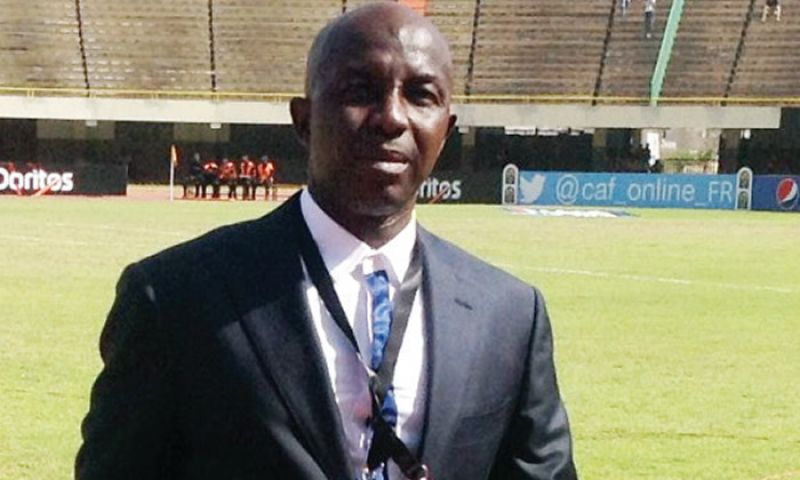 Again, Siasia knocks NFF over FIFA ban
Again, Siasia knocks NFF over FIFA ban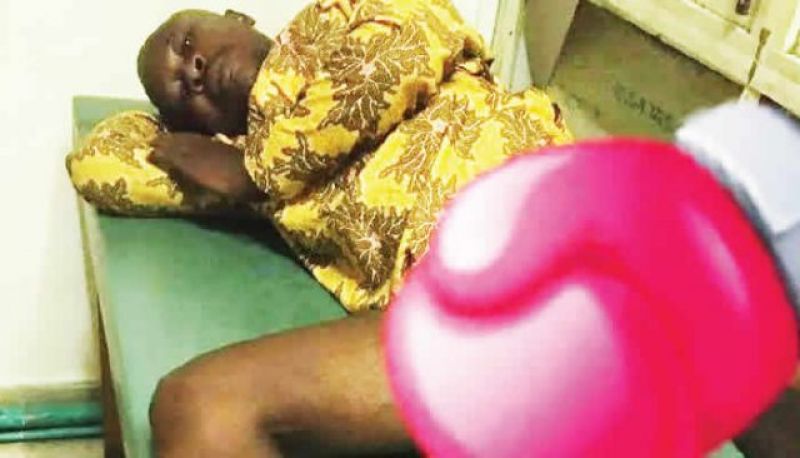 Boxing coach Mayowa seeks support for kidney treatment
Boxing coach Mayowa seeks support for kidney treatment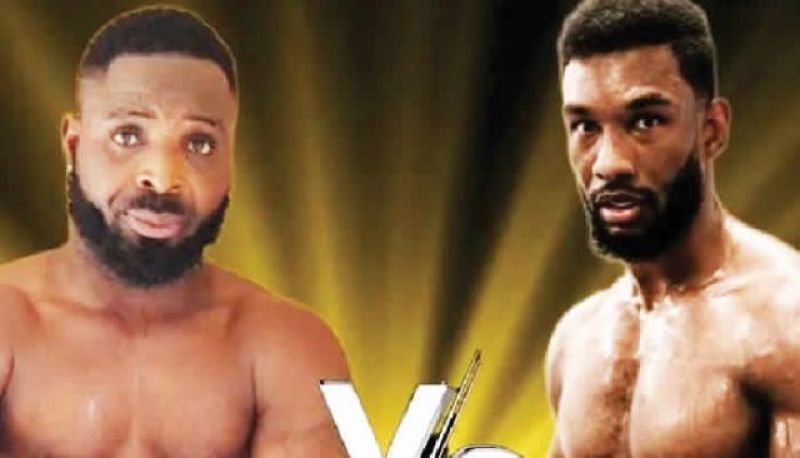 West African champ Abubakar set for European debut
West African champ Abubakar set for European debut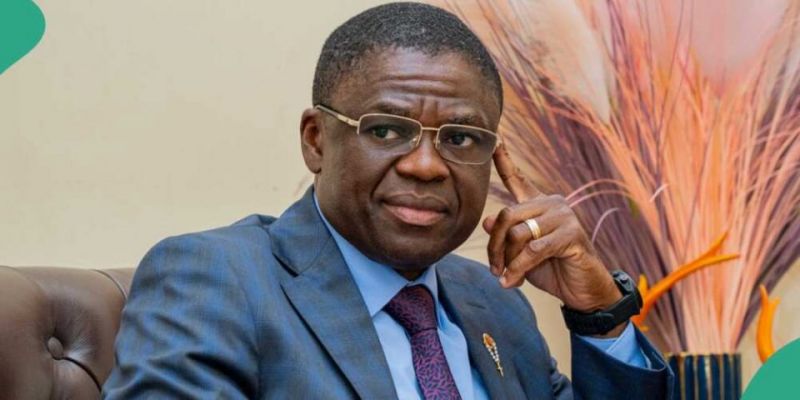 ‘Shaibu’s impeachment didn’t affect Insurance’
‘Shaibu’s impeachment didn’t affect Insurance’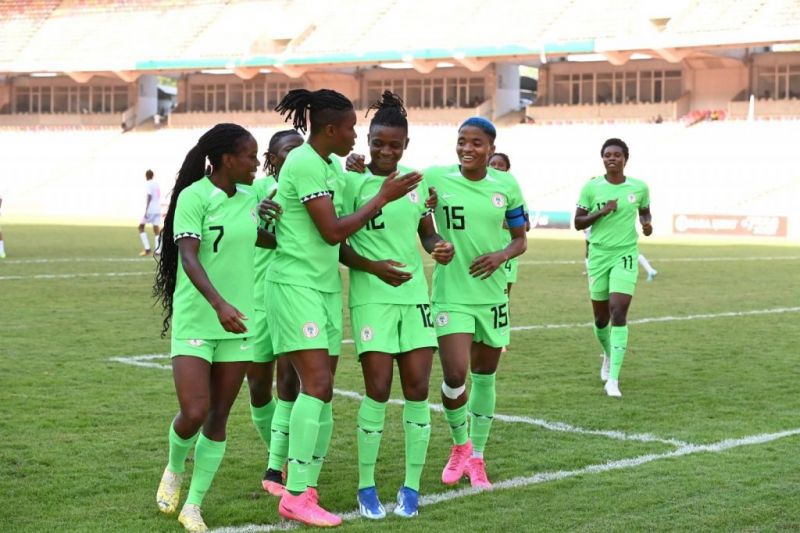 Gusau backs Falcons to shine at Olympics
Gusau backs Falcons to shine at Olympics_4.jpg) Suspended SWAN Secretary General Cannot Sign Official Letters -Nyong
Suspended SWAN Secretary General Cannot Sign Official Letters -Nyong 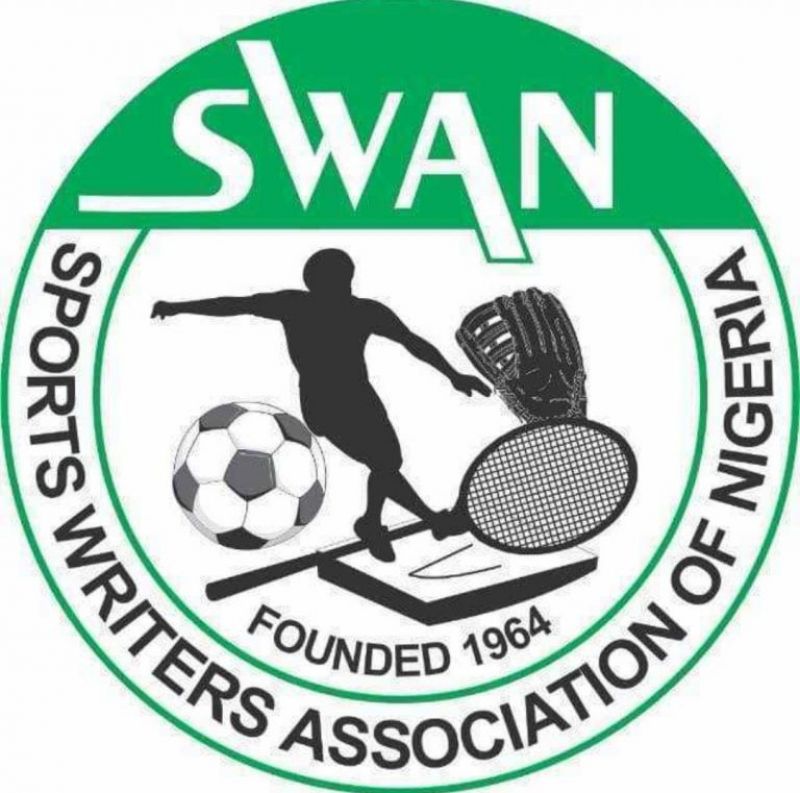 Lagos SWAN Hails Tunde Onakoya's Heroic New World Chess Record
Lagos SWAN Hails Tunde Onakoya's Heroic New World Chess Record 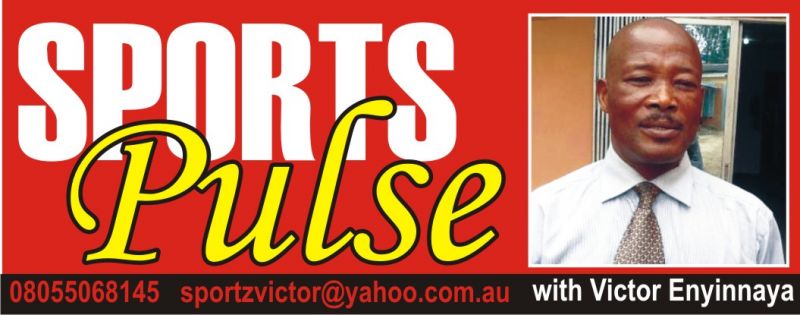 Rangers International going, going . . . (53,640 views)
Rangers International going, going . . . (53,640 views)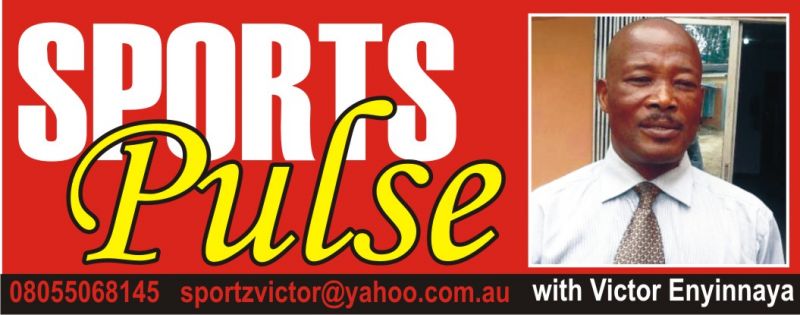 Amaju Pinnick: A cat with nine lives (44,632 views)
Amaju Pinnick: A cat with nine lives (44,632 views)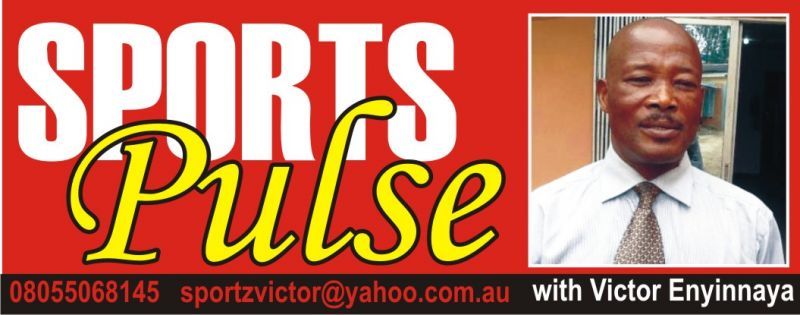 Second Term: Amaju Pinnick, Other NFF Heavyweights Home to Roost •How Pinnick Broke the Jinx (42,768 views)
Second Term: Amaju Pinnick, Other NFF Heavyweights Home to Roost •How Pinnick Broke the Jinx (42,768 views)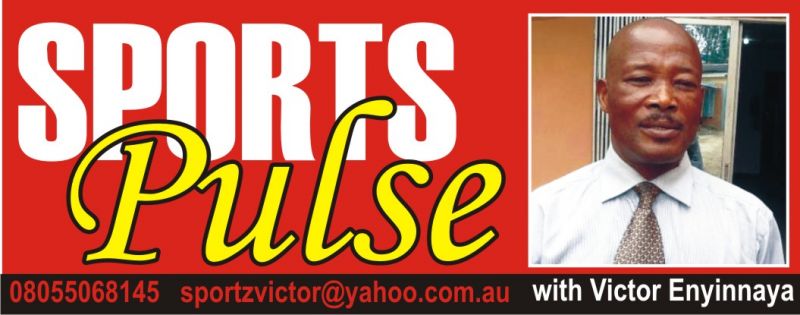 Missing $150,000 IAAF Grant: Solomon Dalung’s Hide and Seek game (42,459 views)
Missing $150,000 IAAF Grant: Solomon Dalung’s Hide and Seek game (42,459 views)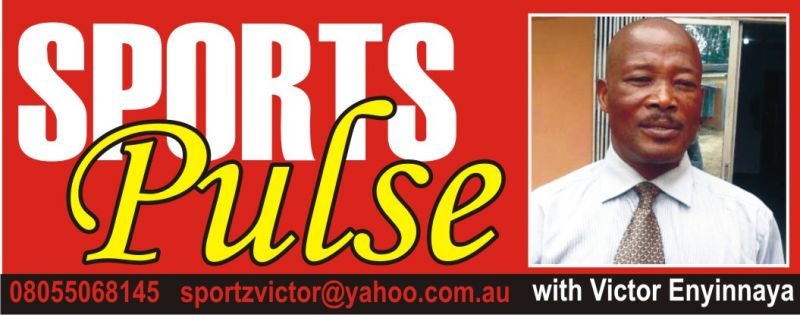 Sports Development: Zenith Bank on the zenith (42,229 views)
Sports Development: Zenith Bank on the zenith (42,229 views)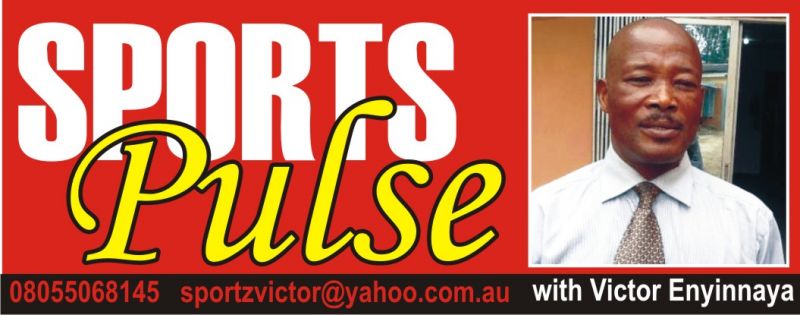 Gov. Abdullahi Ganduje’s solid footprints, commitment to sports development in Kano State (42,106 views)
Gov. Abdullahi Ganduje’s solid footprints, commitment to sports development in Kano State (42,106 views)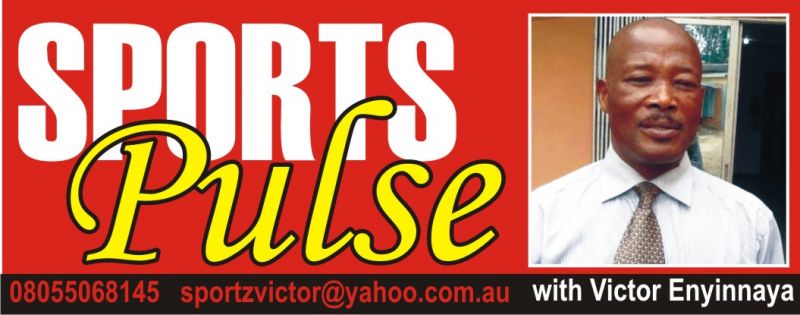 Current issues in Nigerian sports: Matters arising (42,008 views)
Current issues in Nigerian sports: Matters arising (42,008 views)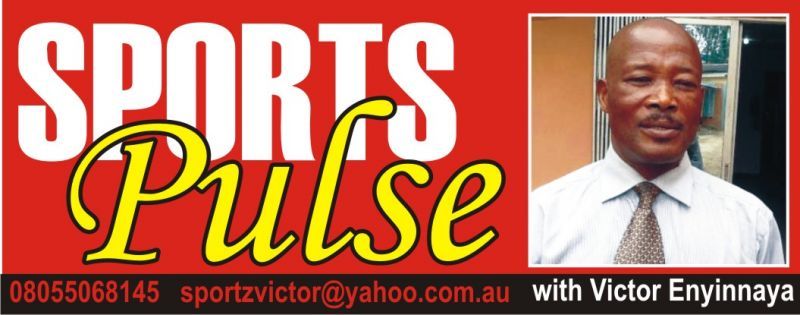 NFF Presidency: Pinnick, Maigari, Ogunjobi, Okoye in Battle for Supremacy (41,474 views)
NFF Presidency: Pinnick, Maigari, Ogunjobi, Okoye in Battle for Supremacy (41,474 views)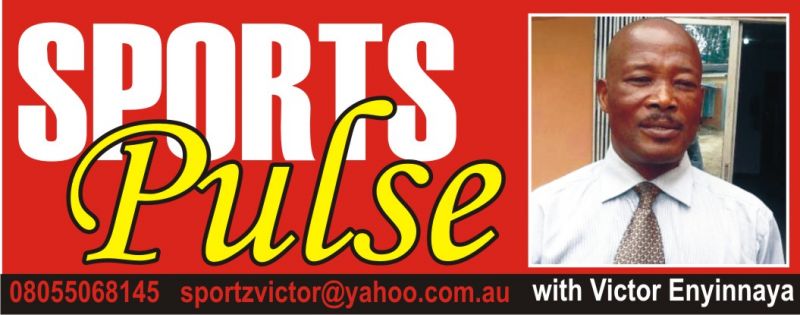 Olopade, BET9A wave of revolution in NNL (40,507 views)
Olopade, BET9A wave of revolution in NNL (40,507 views)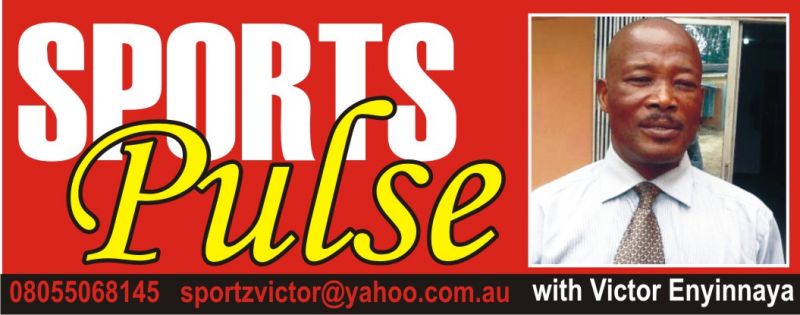 Commonwealth Games 2018: Shame of Muhammadu Buhari, Solomon Dalung (39,505 views)
Commonwealth Games 2018: Shame of Muhammadu Buhari, Solomon Dalung (39,505 views)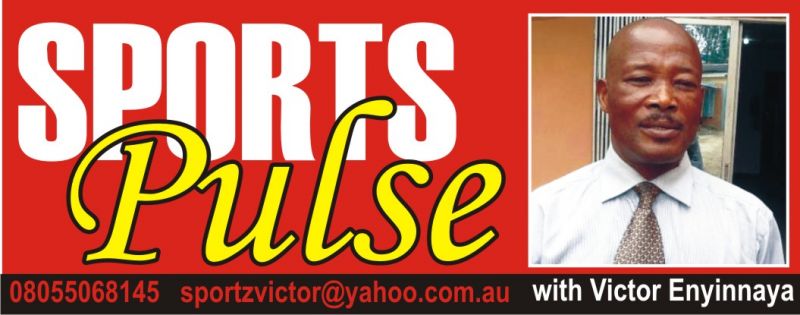 Ibrahimovic’s Man U exit: Whose decision is it? And in whose interest? (37,880 views)
Ibrahimovic’s Man U exit: Whose decision is it? And in whose interest? (37,880 views)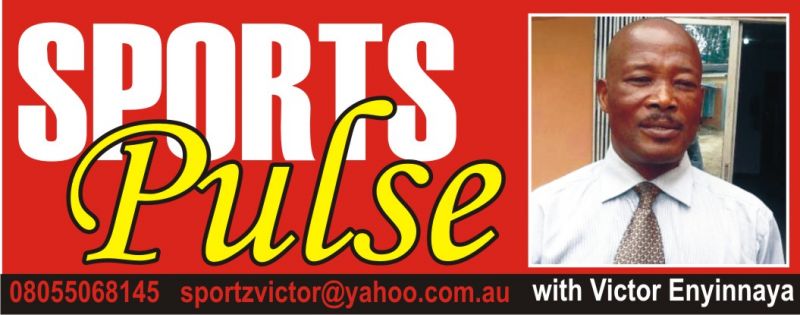 John Mikel Obi: Segun Odegbami’s Outrageous Call! (37,431 views)
John Mikel Obi: Segun Odegbami’s Outrageous Call! (37,431 views)